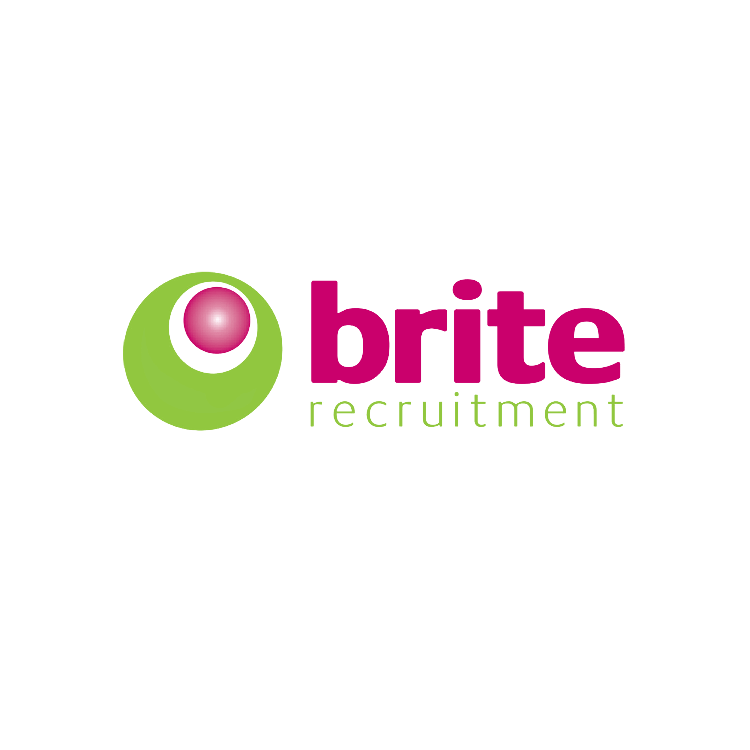Skills-Based Hiring: The Future of Recruitment?
Skills-Based Hiring: The Future of Recruitment?
Skills-based hiring has boomed in popularity following the talent demands left by the 2020 pandemic, forcing employers to broaden their job requirements and widen their talent pools. The diminishing focus on degrees and other qualifications as tools for measuring suitability has transformed the job market, encouraging hiring diversity amongst employers and recruiters alike.
What is skills-based hiring?
Skills-based hiring takes the focus off of tangible qualifications and employment history, instead spotlighting the transferable skills developed in a candidate’s previous roles. This recruitment prevents candidates from being held back by their lack of specific experience, and instead allows them to thrive using the skills they have accumulated throughout their working lives.

The pandemic-fuelled talent vacuum has forced employers and recruiters to update their hiring policies, broadening their minds and searches to candidates outside of their immediate talent pool and has resulted in an influx of successful placements, however unconventional they may seem.
This hiring method also prevents the exclusion of those without university accreditations, diversifying the workplace and bringing together individuals from various academic and employment backgrounds to create a cohesive workplace.
Why has skills-based hiring become so popular?
This new-wave recruitment method has multiple benefits for employers and candidates alike, broadening the opportunities available for a wider variety of applicants.
In addition to the diversification of talent pools, this method is proven to improve the retention and engagement of employees. Test Gorilla’s 2023 study into skills-based hiring further labours this point, observing an average increase of 89% in retention rates in companies adopting this hiring method. The expense of the recruitment and hiring process for employers makes this a clear benefit, and a contributing factor towards creating a complex and committed workforce.

Whilst on the point of financial implications, this method is proven to reduce the cost of the hiring process, as it reduces the hiring time dramatically, 82% reduction on average, finding the right person for the vacancy in a cost effective and timely manner. Test Gorilla’s study indicates that by using this process, over a third of employers were able to reduce their cost-to-hire by almost 20% on average. In addition, the likelihood of mis-hires was reduced by 88%, preventing re-hiring costs and demonstrating the power of this approach.
Skills-based hiring also allows employers to source the most qualified candidate for their vacancy, tapping into pools of potential talent based on the skills required for their role, and finding the best fit for their team. By allowing these new hires the opportunity to enhance their skills and grow professionally, this method creates company loyalty and longevity of employment, as well as providing the candidate with a variety of new experiences and career growth.

How does this affect me as a candidate?
The world of job-hunting is scary, and keeping up with hiring trends can be exhausting, so what can you do to appeal to employers currently looking for skilled candidates?
Firstly, look through your existing CV and annotate all of the skills you have acquired across your roles. You can do this exercise no matter your level of employment, whether you are a waiter or a company director. Make sure that these key words are scattered through your role descriptions, highlighting the skills you have learned or honed whilst in that role. You can rewrite your CV to focus on those skills, and allow them to take the spotlight and compliment your education or employment history.

Secondly, make the most of your LinkedIn profile! LinkedIn used to be solely a job seekers site, and has transformed into a wonderful social platform used by over 900 million people! There is still a strong hiring element within LinkedIn, so make sure that your profile highlights your key skills and personality, think about how employers would see your profile and tailor it accordingly.
Finally, if you are unsure what it is that you want to go into, and want all of the opportunities that skills-based hiring can provide, make a list of your skills and rank them. This exercise forces you to evaluate your key strengths, as well as thinking about where you may have learned or developed them in your previous employment history. From this list, research potential careers, how your skills fit into these paths, and where you will thrive!

How can Brite help?
Whether you are a client or a candidate, we have you covered. Our team are experts in various hiring methods, including skills-based hiring, and have used this method with many clients looking to broaden their talent pool and hiring practices.
We help candidates by reading between the lines, searching for transferrable skills to make sure we find the perfect role to suit your skill set, and we know all of our roles inside out, to ensure that perfect fit.
Clients are able to benefit from our expertise, as we ensure a two-way conversation throughout the process, liaising with you to tap into potential talent pools appropriately, bringing diversity and skill to your team.

So, whether you are looking for your newest team member, or you’re on the search for your perfect role, get in touch today and let Brite support your search!
Register your CV with us today!
Submit a vacancy!
TestGorilla-The-state-of-skills-based-hiring-report-2023.pdf (ctfassets.net)
